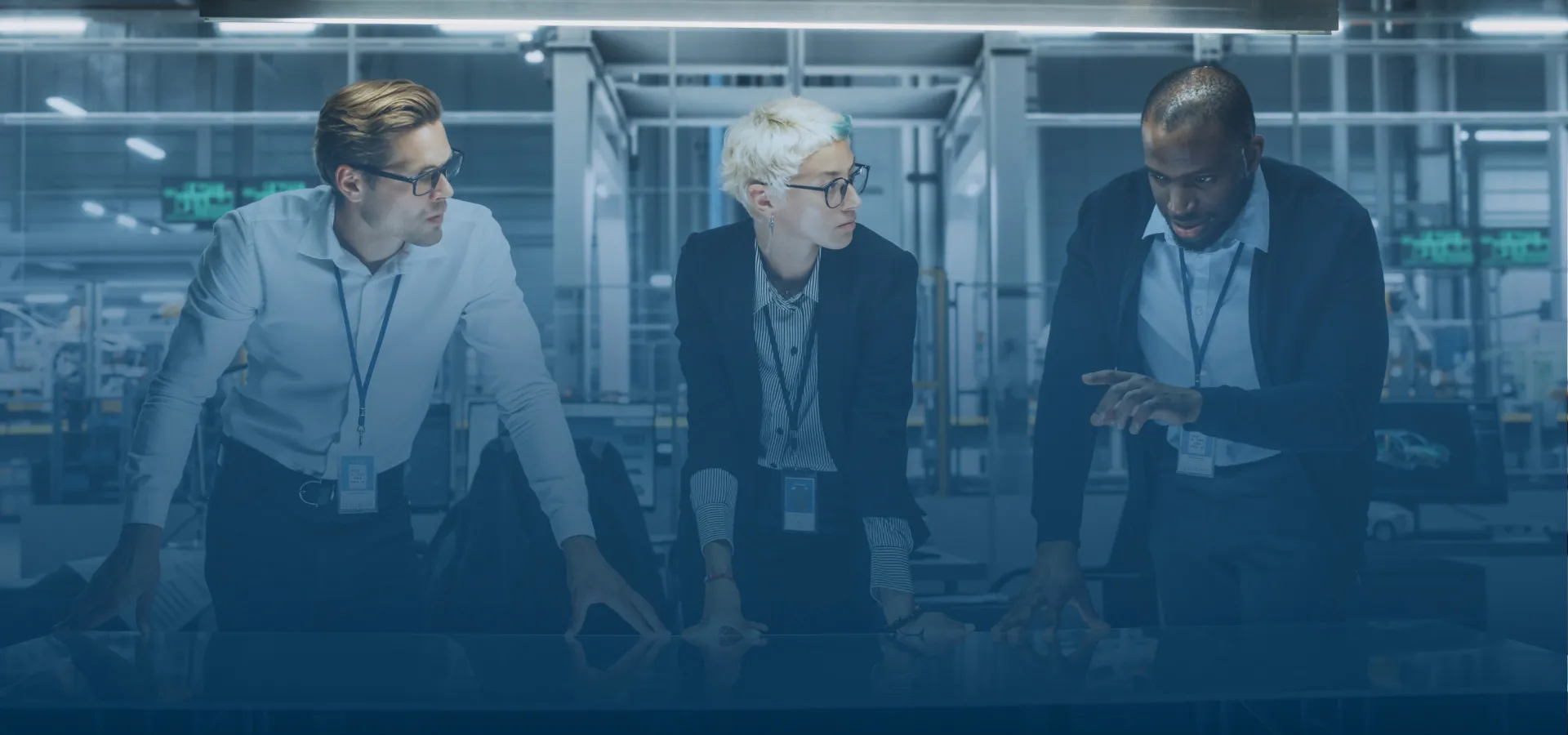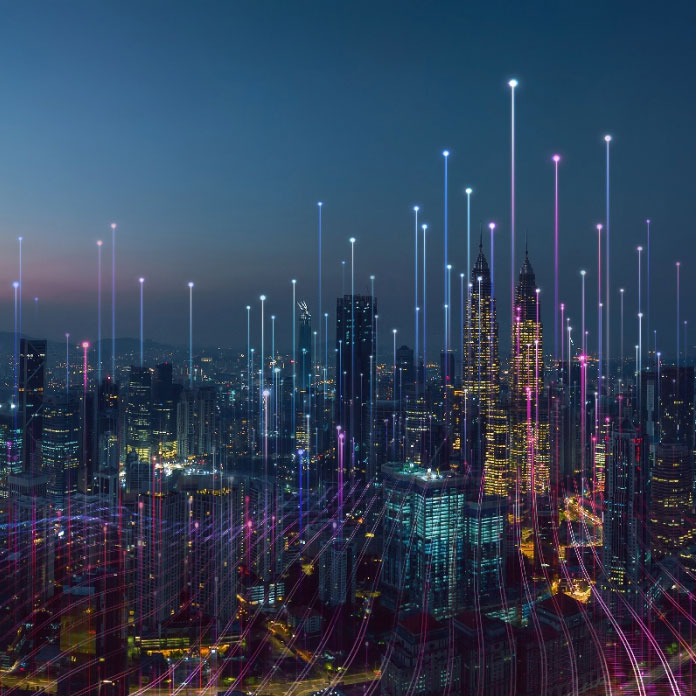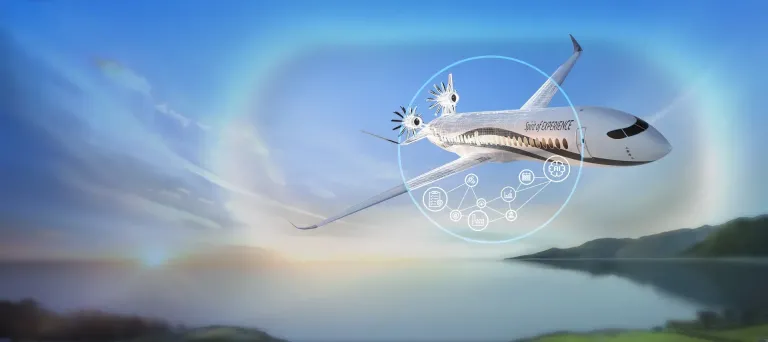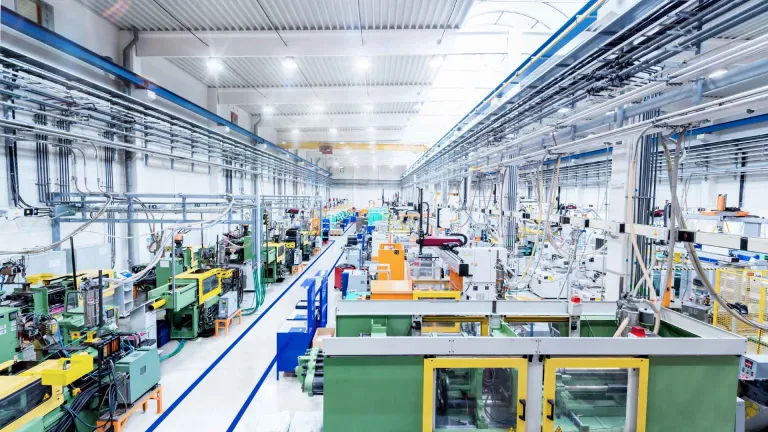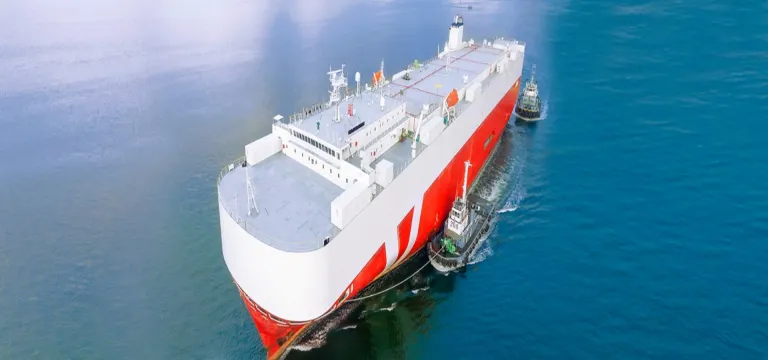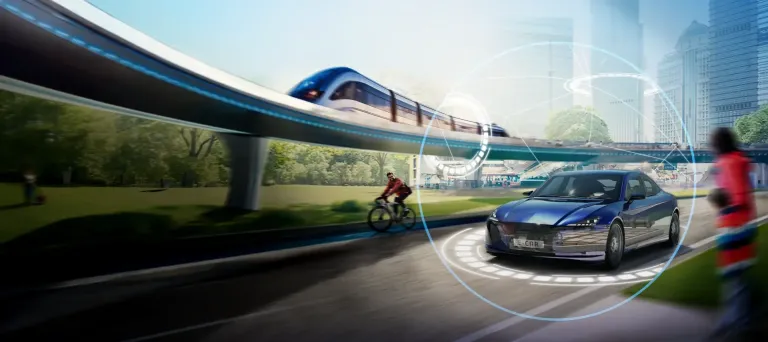Maximizing The Benefits Of Business Ecosystems
To confront the challenges of tomorrow, businesses of today need to find new ways of working together with trust, confidence and security.
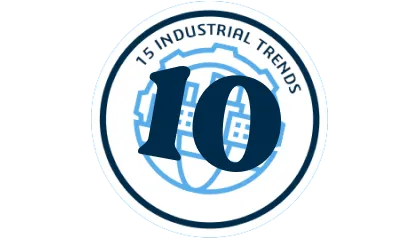
Who are the partners that will take your enterprise to the next level?
What’s happening?
As the English poet John Donne famously declared: “No man is an island.” Whether an individual or a business, our ability to form relationships and operate in networks is a central part of our success. Businesses don’t exist on their own. They exist in a complex web of interactions, between buyers and sellers, customers and companies, designers and producers, stretching right up and down the value chain.
As the world grows more complex and systemic risks multiply – from geopolitical tension to climate change – learning to work effectively within these ecosystem partnerships, to drive value, innovation, and security is more important than ever.
According to research from a BCG survey, more than half of S&P Global 100 companies were involved in one or more ecosystems, and 90% planned to expand their involvement. These ecosystems can become huge – EY estimates Microsoft’s ecosystem could generate around $1 trillion for its ecosystem partners.

Curious about how other manufacturing industries respond?
Respond to today's challenges with our bespoke solutions
Why does it matter?
Business ecosystems can provide tremendous value, but they need to work together. In fact, addressing some of the biggest challenges in the world today will require ecosystem partners working hand-in-hand.
Consider climate change. We have made tremendous advances in renewable generation, with McKinsey predicting that nearly half of all electricity will be renewable by 2035. However, all the renewable power in the world will be of no use if an ecosystem of storage and distribution infrastructure is not developed in parallel.
But how do you build a business ecosystem? Building an effective innovation ecosystem requires high levels of trust, collaboration and coordination between manufacturers, construction enterprises, research institutes, and more. IP will need to be protected. Data sharing will be needed to ensure interoperability. Communication channels will need to be maintained. Manufacturer-supplier relationships need to be built on a foundation of deep trust.
David Ziegler, Vice President, Aerospace & Defense, Dassault Systèmes, gives the additional example of electric aircraft: “Electric aircraft could be the future. But right now, we need new types of batteries, which do not exist. We need mass scale production of hydrogen, and distribution and storage infrastructure, from plants to air-ports.”
“None of that currently exists, so implementing it will mean developing the right partnership models, establishing strategic networks, and extensive supply chain collaboration – in short a massive transformation of existing ecosystems.”
Nowhere is this challenge more pronounced than within the defense industry, where establishing sovereignty and security is not just a matter of commercial importance, but of national or international importance.
“To understand the importance of defense ecosystem sovereignty, you need to think about not only a single object, like an aircraft or a tank, but about the system-of-systems. That means interoperability between a tank, a flying aircraft, a ship, a satellite. All those systems come from different manufacturers, but they need to be interoperable, to be able to communicate, and to be able to do so safely.”
Manufacturing Industries on the Edge: Industries in the innovation age
We are in the midst of a technological revolution. If manufacturers want to be part of it, and reap the benefits, then they need to develop the talent and mindset needed to put innovation at the heart of their enterprise.
How can I prepare?
Working within manufacturing ecosystems is about collaboration, and the key to effective collaboration is trust. Business partners need to trust the information they are working with, and they need to be able to trust each other with the information they share.
“Consider the FCAS Program, a joint program between the armed forces of Germany, France, and Spain,” says Ziegler. “Harmonizing the standards between the three different armies is extremely difficult. How can you design a system-of-systems architecture, ensuring that everybody works together, without compromising integrity and security?”
“And of course, there’s the cybersecurity angle as well,” Ziegler continues. “Whenever you are communicating your data between different platforms, you want that to be completely cybersecure. Business ecosystems need to be set up with minimizing risk in mind.”
The emergence of shared digital management platforms allows multiple stakeholders to consolidate huge amounts of operational and product data, while ring-fencing parts of that data that are sensitive to their specific business.
“With these platforms, your ecosystem partners can collaborate on design, engineering and manufacturing processes, in order to deliver innovative goods and services, but do so in a safe, protected, and controlled environment,” says Ziegler.
Electric aircraft could be the future. But right now, we need new types of batteries, which do not exist. We need mass scale production of hydrogen, as distribution and storage infrastructure, from plants to airports.
Other Trends
Discover more with our Manufacturing Industries
- Aerospace & Defense
- Consumer Packaged Goods & Retail
- Home & Lifestyle
- High-Tech
- Industrial Equipment
- Marine & Offshore
- Transportation & Mobility
Bridge the gap between the virtual and real world to accelerate from concept to operations.
Discover how the 3DEXPERIENCE® platform drives innovation in the industry with CPG solutions for design, simulation and AI-driven forecasting.
Virtual Twin Experiences for Sustainable Innovation – Helping Manufacturers Improve Consumer Products
Digitalize manufacturing to deliver made-to-order innovation.
Driving vehicle innovation toward the mobility of the future
THE WORLD NEEDS MANUFACTURERS
A MANIFESTO FOR CHANGE

